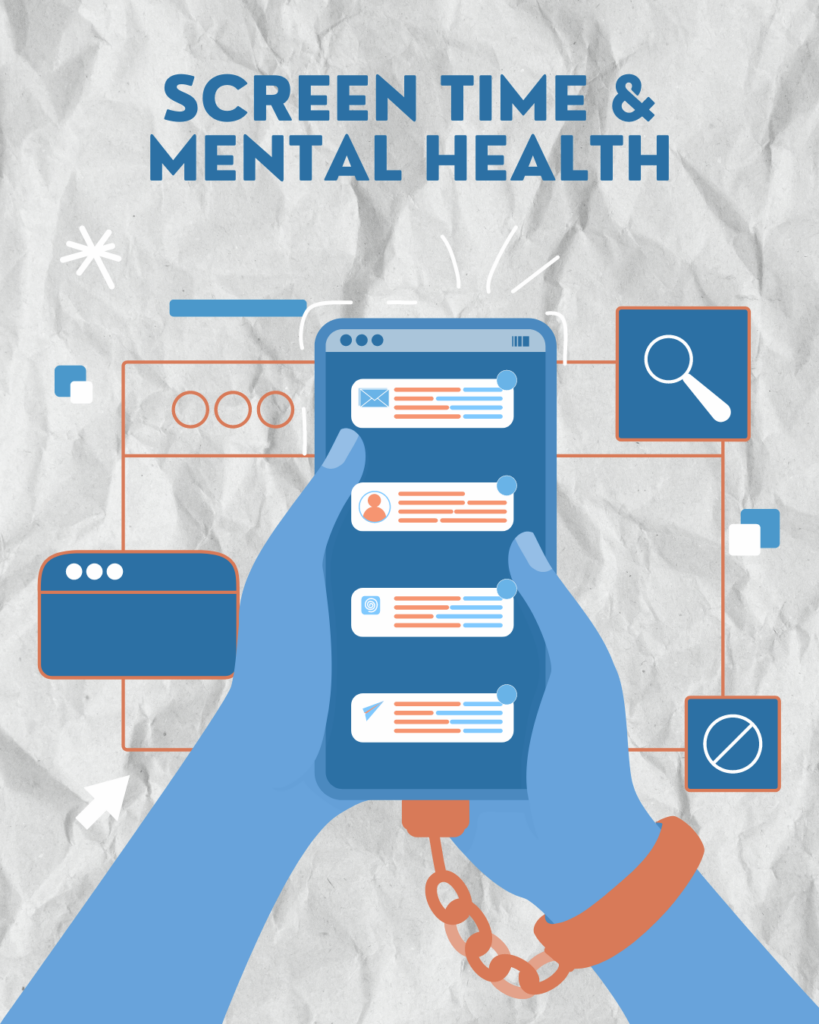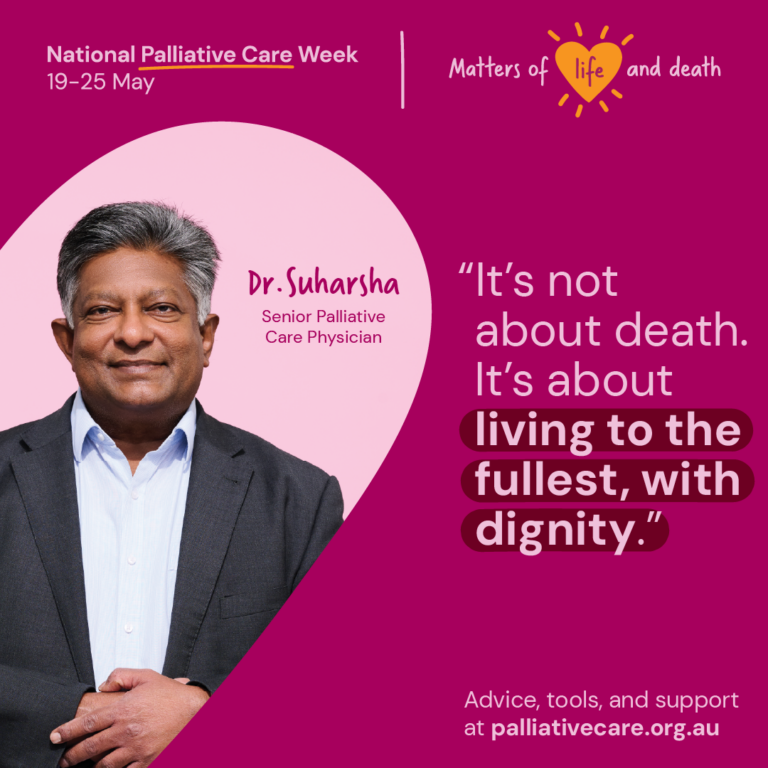In recent months, there has been an unprecedented surge in cases of self-harm, suicidal ideation, and feelings of worthlessness among young children. With over 17 years dedicated to the mental health field, I have never witnessed such troubling trends. Families are devastated with the tragic loss of their children to suicide at an alarming rate.
One significant contributing factor appears to be the prevalent use of screens and technology. Many families, despite their best efforts, struggle to manage their children’s screen time. Children often feel pressure when their peers have unrestricted access to devices and social media, leaving parents conflicted and exhausted from daily battles.
Just yesterday, my son shared with me about a session with a counsellor from Menslink at his school, focusing on technology use. He recounted how the counsellor asked the class about their maximum screen time, and one of his classmates admitted to spending 13 hours in front of a screen one Sunday, only pausing to eat and use the bathroom. These are year 5 students, aged 10 or 11.
Hearing this was incredibly alarming. What affected me even more was when my son opened up about being one of the few in his class who doesn’t engage in online games. He confided in me, saying, “Mum, sometimes my friends only talk about online games, and I feel left out. But I understand why you limit my screen time.
When you say no to screens, I play the piano, read books, play basketball, spend time with my siblings, help in the kitchen, and take care of our pets.” His words broke my heart yet made me realise how crucial it is for us as parents to navigate this digital era responsibly.
Many families, including ours, are exhausted from the daily battles over screen time.
Unlike our own childhoods, where technology was minimal, today’s children face unprecedented challenges like social media pressures and online risks like sextortion and exposure to inappropriate content.
As parents, we lack a model for this new era. We’re doing our best with limited guidance from previous generations. It’s a learning process, and sometimes, we don’t get it right. However, our children’s well-being is at risk, and we must continue trying our best to protect them.
Research from the US and UK validates the severe impact of early technology exposure on Generation Z (born 1997-2012), linking it to increased mental health issues and self-harm behaviours. While legislative efforts are underway to regulate social media for under-16s, implementing such laws will take time and resources.
In response to these challenges, collective action is crucial. Initiatives like Jonathan Haidt’s movement and Dr. Justin Coulson’s Unplug Childhood, along with efforts from the Heads Up Alliance in Australia, emphasise delaying children’s exposure to harmful technology. These initiatives involve not just parents but the entire community in protecting our children’s well-being.
Reflecting on our experiences can help us make informed decisions about technology use. Children learn a lot by observing the behaviours of adults around them, especially when it comes to screen time. If they see adults spending excessive time on screens, they may perceive it as normal or acceptable behaviour. Therefore, being mindful of our own screen time habits is crucial because children often mimic what they see. Setting a balanced example by demonstrating healthy screen time practices can help children develop responsible habits themselves.
Simple strategies like having screen detox days, creating phone-free zones, charging electronic devices in the studio, recording online gaming use by setting alarms and setting realistic boundaries around screen time can make a significant difference.
I encourage you to explore the resources below to learn more about this critical issue:
● Parents Concerned Over Social Media Use – Strength in Numbers
● Jonathan Haidt on Generation Z and Social Media
● Unplug Childhood Initiative
● Heads Up Alliance on Facebook
Thank you for your attention to this critical issue. Together, we can safeguard our children’s mental health and ensure a healthier future for them.
Mercedes Pasco Psychology





